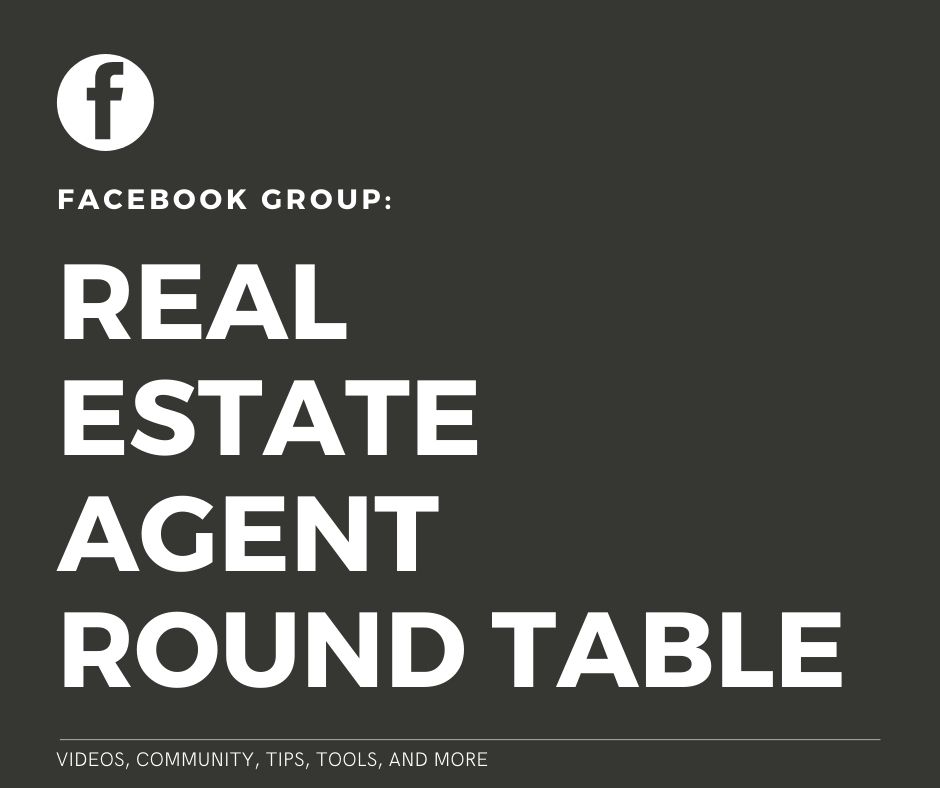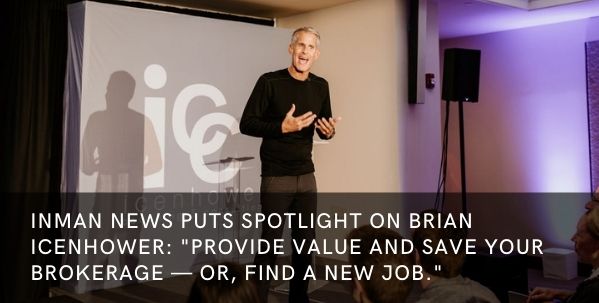Real estate agents can use these helpful price objection handling scripts overcome price objections and seller denial in listing consultations.
Now that we’ve talked about the general process and script for your listing consultation, we need to talk about handling price objection. It’s probably the most common objection you will experience during a listing consultation.
VIDEO: The Listing Consultation: Price Objection Handling Script for Real Estate Agents
Price objection handling: why a needs analysis is important
At this point, you have already conducted a needs analysis, and it helped you tap into the emotions of your seller. The reason we conduct a needs analysis and dig deep into emotions is because when objections start to come up, you can refer back to what you learned in your needs analysis. It ties together well, esepecially when it comes to handling price objection.
Your client may seem disappointed when you discuss price with them. The dollar amount that you propose may not be up to the amount that wanted. A lot of sellers do “research” ahead of time to see how much similar homes are listed for on websites like Zillow. This is where you get the chance to educate your seller on why you priced the house the way you did.
Always acknowledge your client’s feelings. This is the first step in handling their price objection. “I can understand why you feel that way.” “I know you have put a lot of work and care into this home so I can understand why you would want to list it for a higher price.”
Explain your process for coming up with a reasonable price
Educate your client on why the price you set is reasonable. Explain the appraisal process and the reason why you can’t raise the price because it won’t appraise that high. “Believe me, I’d love to raise the price. It would benefit both of us! You would get a higher sales price and I would get a higher commission. That said, I’m not serving either of us if I price your home too high and it fails to appraise that high.”
Tap back into your client’s emotions. “It’s my job to get this house sold and get you into the neighborhood you want. It’s my obligation to get your son into that school district. This is why we need to go with my price. If we go with a higher price, we are taking a big risk. It is a risk to get an offer at that price. And an equal risk that it will appraise.”
Explain how appraisal plays a role in pricing
Now you can explain how failing to appraise can really hold up the whole process. “It could take an entire month to get the situation resolved and put your house back on the market. And when we do relist your home, people will wonder why it didn’t sell the first time. Which may cause us to need to lower the price even more.” “I don’t want to roll the dice with you house. Or, risk your son’s education. I don’t want to effect your chances of getting into your dream neighborhood.” “I don’t want to gamble with your future. I want to be conservative.”

Explain your client’s choices
At this point, your client will either continue to object or give in. If they continue to object, you handle it like this. “We have a choice to make here. We have to weigh the difference. What’s more important? The (money amount) more that you have a slim chance of getting… or (your price), fair market value, and getting your child into the school and ultimately career that gives him the best opportunities in life?”
This really drives home the choice your client is making. Your client thinks they can “go fishing” at a higher price. What they don’t realize is the risk. As their agent, you are educating them on the risk and explaining that it may not be worth it to them. It’s your duty to provide sellers with this information.
Use buzz words
When talking about your proposed price, use words like “safe” and “conservative”. These are comfortable words with a positive connotation. When talking about your clients proposed price, use words like “dice roll” and “gamble” and “risk”. These words are less comfortable and have a negative connotation.
If things start to get too heated, back out. You don’t want to argue with your client. “Hey, I work for you. Ultimately, you are going to make this decision. But I want you to know that my job is at least to disclose to you the risks of what you are proposing. This is something I do for a living. I have a process that works. And I’ve seen all too often what happens when people take that gamble and roll the dice with all of their families dreams and goals. They end up losing much more money and time and don’t get where they want to go. You’re the boss! I just wanted to make sure you are hearing everything you need to know to make the right decision.”
More objection handlers for listing consultations
Besides handling price objections, we will be covering more listing consultation objection handlers in upcoming blogs. Stay tuned!

More to read on similar topics:
- The Social Media vs AI Real Estate Marketing Battle – Which Will Win?
- Why Generic AI Prompts Are Killing Your Follow-Up — And How to Fix Them Using Perplexity AI
- How to Coach Real Estate Agents Using DISC Behavioral Assessments
- The Real Estate Agent Burnout Problem — And the Simple Habits That Fix It
- Are Real Estate Teams Dying Off? How the Strong Survive




















